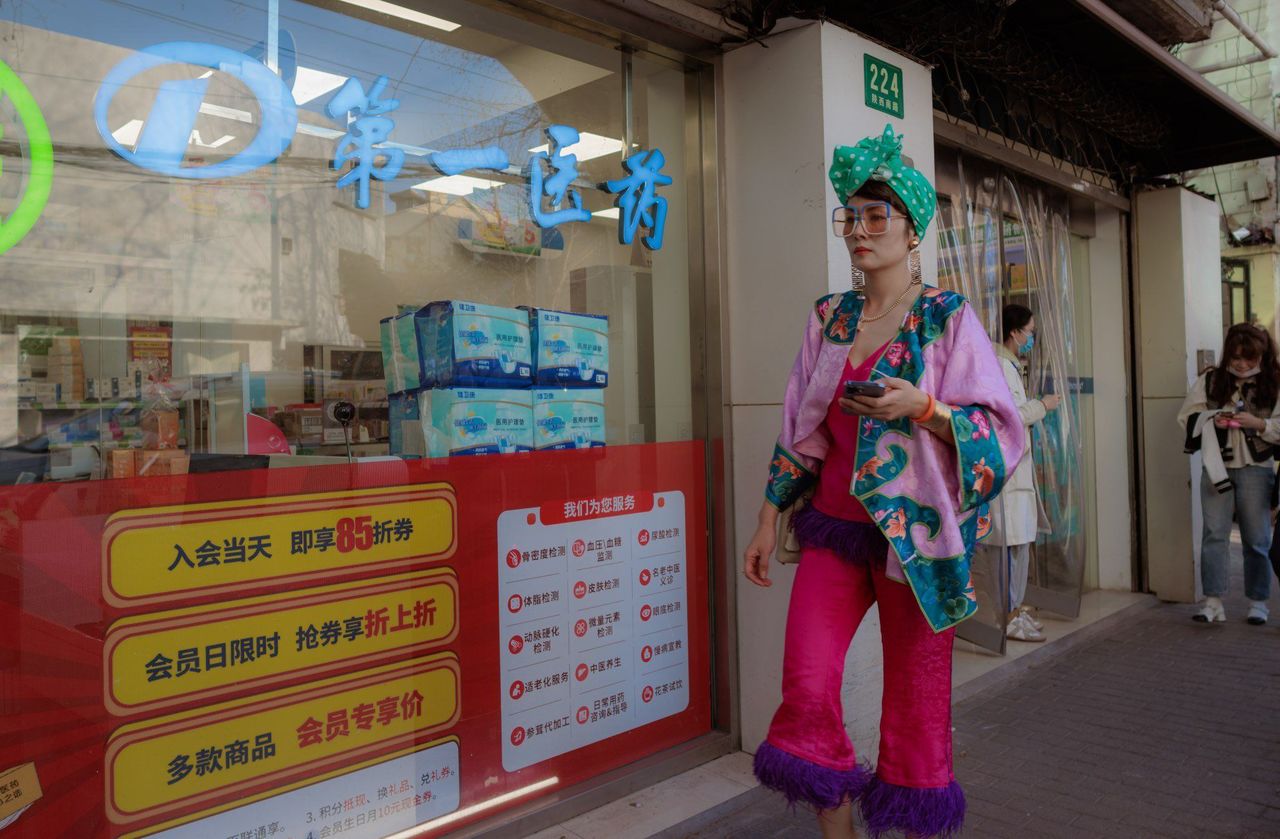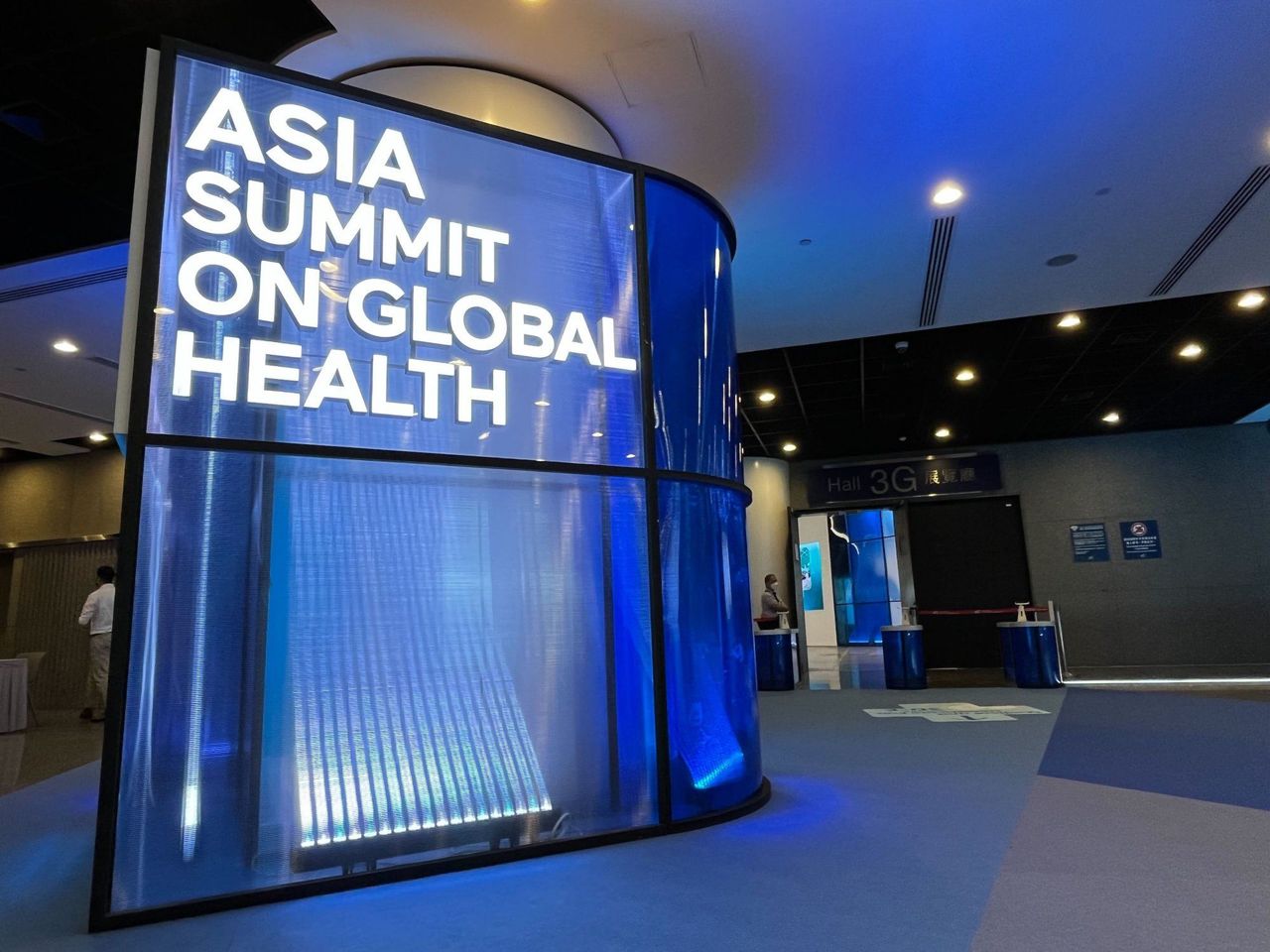Hong Kong News

Learn from Covid-19 era to bolster Hong Kong’s healthcare sector
Hong Kong has finally stepped into the post-Covid-19 era. To honour those who suffered and those who fought tirelessly on the front lines, it is crucial to reflect on the lessons learned. We must scale up good practices to prepare for future pandemics, strengthen our healthcare system and establish Hong Kong’s leading position in China for biomedical innovation.
Upon learning of the outbreak of Covid-19, the Department of Health announced its Preparedness and Response Plan, which directs the stockpiling of personal protective equipment, reagents and medications. As a result, Hong Kong residents did not suffer from devastating shortages of medications, such as those experienced on the mainland.
The evidence appears to support stockpiling. In a systematic review published in 2021, researcher Constantine Vardavas and his colleagues found that stockpiling antivirals before or during a pandemic provided cost savings for society and prevented loss of life.
From 2020 to 2021, although the pandemic was largely under control in Hong Kong, its impact on people’s quality of life and society as a whole was real and severe. It became clearer to health administrators that the health service is about more than prolonging the lives of individual patients but also improving overall well-being and reducing the burden on carers and society.
The fifth wave of the pandemic hit Hong Kong in January 2022, causing a huge surge of Covid-19 cases. Leveraging Hong Kong’s unique data infrastructure, experts produced timely research to inform the public and policymakers.
Professors Gabriel Leung and Joseph Wu from the University of Hong Kong hosted a press conference on March 22 last year, during which they presented data showing the real-world effectiveness of different Covid-19 vaccines in Hong Kong. It provided strong evidence for people to get fully vaccinated.
They also discussed two options for dealing with the pandemic and explained how they were working with the Chinese Centre for Disease Control and Prevention (CDC) to facilitate national decision-making.
It was an inspiring conference in the midst of a desperate surge. We need to scale up the contribution of Hong Kong’s real-world research to national policy.
Another surge in cases came in July and August, resulting in an urgent request for private hospitals to join in the city’s response. Secretary for Health Lo Chung-mau worked with private hospitals to increase patient transfers from the Hospital Authority. In a recent interview, Lo called for institutional change to help the public and private health sectors join forces in a future pandemic.
Fast forward to today. With the removal of measures against Covid-19, there is a feeling in Hong Kong that we can take a break and need not worry about the next pandemic. That is not the case.
Even now, mainland China is dealing with an outbreak of influenza. Earlier this month, Xian announced an emergency plan and alerted residents of a possible lockdown if the outbreak got worse. Hong Kong must remain in a state of readiness.
 A woman walks past a pharmacy in Shanghai on March 10. The mainland is
battling an outbreak of influenza, with Xian in Shaanxi province warning
residents of lockdowns and other quarantine measures if the outbreak
got worse.
A woman walks past a pharmacy in Shanghai on March 10. The mainland is
battling an outbreak of influenza, with Xian in Shaanxi province warning
residents of lockdowns and other quarantine measures if the outbreak
got worse.
Beyond pandemic preparedness, we should routinely consider broader societal perspectives in health service planning. We should also scale up public-private partnerships to strengthen our healthcare system.
The latter is highlighted in the recently announced Primary Healthcare Blueprint. Building public-private partnerships to help prevent, detect and manage common diseases such as diabetes, hypertension, viral hepatitis, retinal diseases, cancer and so on should be explored.
Finally, as Hong Kong seeks to become an innovation and technology hub, the city government needs to work with the central government to help integrate Hong Kong’s pilot data on biomedical innovations into national decision-making processes. Hong Kong has mechanisms for technology adoption that are independent of those on the mainland, and this can lead to faster adoption of innovative vaccines, diagnostics and therapies.
 The Asia Summit on Global Health, held in Hong Kong last November,
showcased innovations from more than 180 healthcare start-ups. The event
was part of Hong Kong’s efforts to establish itself as a hub for
biomedical innovation in China and around the world.
The Asia Summit on Global Health, held in Hong Kong last November,
showcased innovations from more than 180 healthcare start-ups. The event
was part of Hong Kong’s efforts to establish itself as a hub for
biomedical innovation in China and around the world.
These innovations are often developed in trials that involve a small number of patients or might use clinical practices that differ from those outside Hong Kong. Having local professionals use these innovations in real life helps accumulate valuable data.
Hong Kong’s clinical system makes it easy to conduct large real-world studies. The results from these studies can be valuable for national agencies such as the CDC, the National Medical Products Administration and National Healthcare Security Administration.
The medical pilot zone in Hainan has developed a similar pathway in the past few years. Hong Kong needs to leverage its strengths to become a strategic innovation hub.











